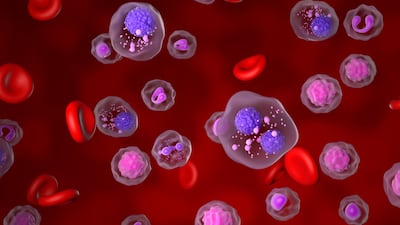
R&D In Brief
Roche initiates PI/PI combo HCV trial early: Roche announces the first patients have been dosed in its INFORM-1 trial Nov. 10, almost a year early. The trial is the first dual-combination study with oral antivirals in hepatitis C in the absence of interferon, which, in combination with ribavirin, is the standard of care for HCV. Roche will dose patients with its protease inhibitor ITMN-191 (R7227), partnered with InterMune, and its polymerase inhibitor R7128, partnered with Pharmasset, over 14 days in treatment-naive patients infected with HCV genotype 1. Roche recently dropped its lead polymerase inhibitor candidate, R1626, for safety reasons, and shifted focus to R7128 (1"The Pink Sheet" DAILY, Oct. 21, 2008). Top-line data from the combination trial could come as early as the second quarter of 2009. The trial combines the two most promising mechanisms for HCV therapy. Panelists at the recent ICAAC conference predicted that the protease inhibitors should reach the market in 2011, followed by polymerase inhibitors in 2014. Initially protease inhibitors will be used in combination with interferon/ribavirin therapy, but there is potential that combination therapy with protease and polymerase inhibitors will eventually replace the older standard regimen
More from Archive
Advanz Pharma would have had to show that the European Commission’s decision to revoke Ocaliva’s conditional marketing approval risked causing serious and irreparable harm, according to lawyers from Van Bael & Bellis.
This is your final call to participate in the survey to better understand our subscribers’ content and delivery needs. The deadline is 20 September.
We are conducting a survey to better understand our subscribers’ content and delivery needs. If there are any changes you’d like to see in coverage topics, article format, or the method in which you access the Pink Sheet – or if you love it how it is – now is the time to have your voice heard.
A new pilot aims to take Brazil closer to ‘digital transformation.’
More from Pink Sheet
Recent and upcoming US FDA advisory committee meetings and a summary of the topics covered.
The UK’s research-based pharma industry and medical research charities have set out clear action points to drive greater diversity and inclusion in clinical trials.
Blenrep, GSK’s multiple myeloma therapy, faced a major setback when it was withdrawn from the market in 2022. The drug has since made a return as a second-line therapy, and is on track to being reimbursed in England.





